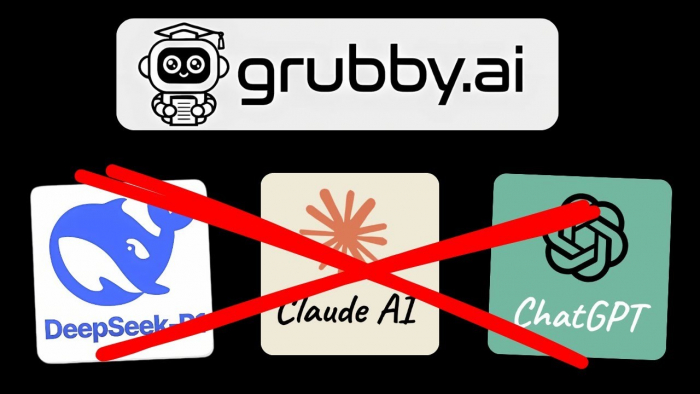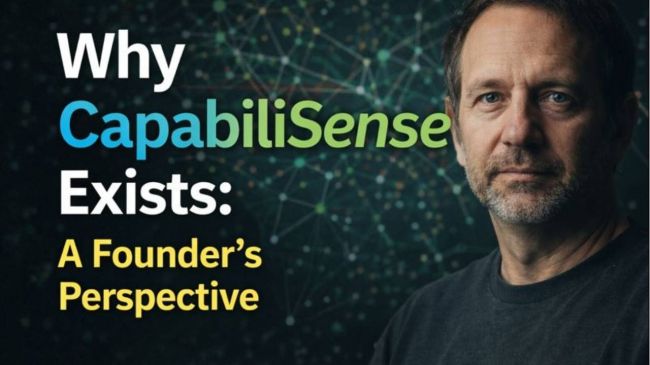Custom AI agent development is reshaping how industries operate by streamlining workflows, automating repetitive tasks, and improving decision-making. The industries benefiting most include finance, healthcare, retail, logistics, and customer service, where AI development solutions are driving measurable efficiency and cost savings. Companies in these sectors are adopting AI agents not just to keep up with competition but to create more adaptive and scalable operations.
Organizations see real value in AI agents because they can handle complex processes with accuracy and speed. From managing financial risk to powering personalized shopping experiences, these tools are becoming central to business strategy. As adoption grows, industries that rely on data, automation, and customer interaction continue to gain the most from tailored AI systems.
Key Takeaways
- Custom AI agents are transforming how industries manage operations
- Sectors like finance, healthcare, and retail see the strongest benefits
- AI development solutions provide efficiency, scalability, and adaptability
Key Industries Benefiting from Custom AI Agent Development
Custom AI agent development is helping organizations reduce operational costs, improve decision-making, and increase efficiency across diverse fields. By automating repetitive tasks, enhancing data-driven insights, and enabling personalized interactions, these systems create measurable improvements in productivity, customer satisfaction, and return on investment.
Customer Service and Support
AI agents in customer service handle high volumes of inquiries with consistent accuracy. Virtual assistants and chatbots powered by natural language processing (NLP) respond to common questions, resolve issues, and escalate complex cases to human representatives. This reduces wait times and improves customer satisfaction.
Businesses gain measurable cost savings by automating customer support workflows. AI-driven systems can operate 24/7 without additional staffing costs, ensuring coverage across time zones. They also capture valuable data on customer behavior, which helps refine products and services.
Key benefits include:
- Faster response times
- Reduced support costs
- Improved customer engagement
- Scalable service operations
Healthcare and Medical Services
In healthcare, AI agents support medical professionals by analyzing patient data, assisting with diagnostics, and streamlining administrative tasks. Intelligent systems can process imaging results, detect anomalies, and recommend potential treatment options, improving accuracy and efficiency.
Hospitals use AI-driven scheduling systems to optimize staff allocation. Virtual assistants help patients with appointment booking, prescription reminders, and follow-up instructions, reducing administrative burdens on healthcare staff.
Machine learning models also accelerate medical research by analyzing large datasets for drug discovery and clinical trial optimization. This leads to faster insights and potentially lower development costs for new treatments.
Finance and Banking
Banks and financial institutions use AI agents for fraud detection, risk assessment, and personalized financial advice. Automated monitoring systems analyze transaction patterns in real time, flagging unusual activity and reducing fraud losses.
AI-driven chatbots assist customers with account inquiries, loan applications, and investment advice. These systems provide quick answers while freeing human advisors to focus on complex financial planning.
Predictive analytics helps banks assess credit risks and optimize lending strategies. By automating routine compliance tasks and contract analysis, AI agents improve operational efficiency while reducing manual errors.
Retail and E-Commerce
Retailers use AI agents to personalize shopping experiences. Recommendation engines powered by machine learning analyze browsing history and purchase data to suggest relevant products, increasing customer engagement and sales.
In e-commerce, virtual assistants handle order tracking, returns, and customer inquiries. Automated inventory management systems forecast demand and adjust stock levels, reducing overstocking and shortages.
AI-driven pricing models optimize promotions and discounts in real time. This ensures competitive pricing strategies while maximizing profitability. The result is improved customer satisfaction and stronger return on investment.
Logistics and Supply Chain
AI agents improve logistics by automating demand forecasting, route optimization, and warehouse management. Predictive analytics helps companies anticipate supply chain disruptions and adjust operations in advance. Transportation companies use AI systems to optimize delivery routes, reducing fuel costs and travel times. Automated scheduling tools improve fleet utilization and driver efficiency.
In warehouses, intelligent systems manage inventory placement and automate order picking. This reduces errors and increases throughput, leading to significant cost savings. Predictive maintenance also minimizes equipment downtime in distribution centers.
Manufacturing and Quality Control
Manufacturers deploy AI agents to monitor production lines, detect defects, and ensure consistent quality control. Machine vision systems powered by deep learning identify flaws that may be missed by human inspectors. Predictive maintenance reduces equipment failures by analyzing sensor data and forecasting repair needs. This prevents costly downtime and extends machine lifespans.
Automation also streamlines supply chain coordination, production scheduling, and resource allocation. By reducing operational costs and improving output quality, AI agents deliver measurable improvements in manufacturing efficiency.
Energy and Utilities
Energy companies use AI agents to optimize power generation, distribution, and consumption. Intelligent systems forecast demand patterns and adjust grid operations to balance supply more effectively. Predictive analytics improves maintenance scheduling for critical infrastructure such as turbines, pipelines, and transformers. This reduces outages and lowers repair costs.
In utilities, AI-driven customer service platforms handle billing inquiries and usage monitoring. Smart meters integrated with AI agents provide consumers with real-time insights into energy consumption, promoting efficiency and cost savings.
Conclusion
Custom AI agent development is shaping industries by streamlining processes, improving decision-making, and creating new efficiencies. Sectors such as healthcare, finance, retail, logistics, and manufacturing benefit most due to their reliance on automation and data-driven insights. As adoption continues, the role of AI agents will expand into more specialized applications. Businesses that align development with specific industry needs are positioned to capture the most value.
Post Comment
Be the first to post comment!





